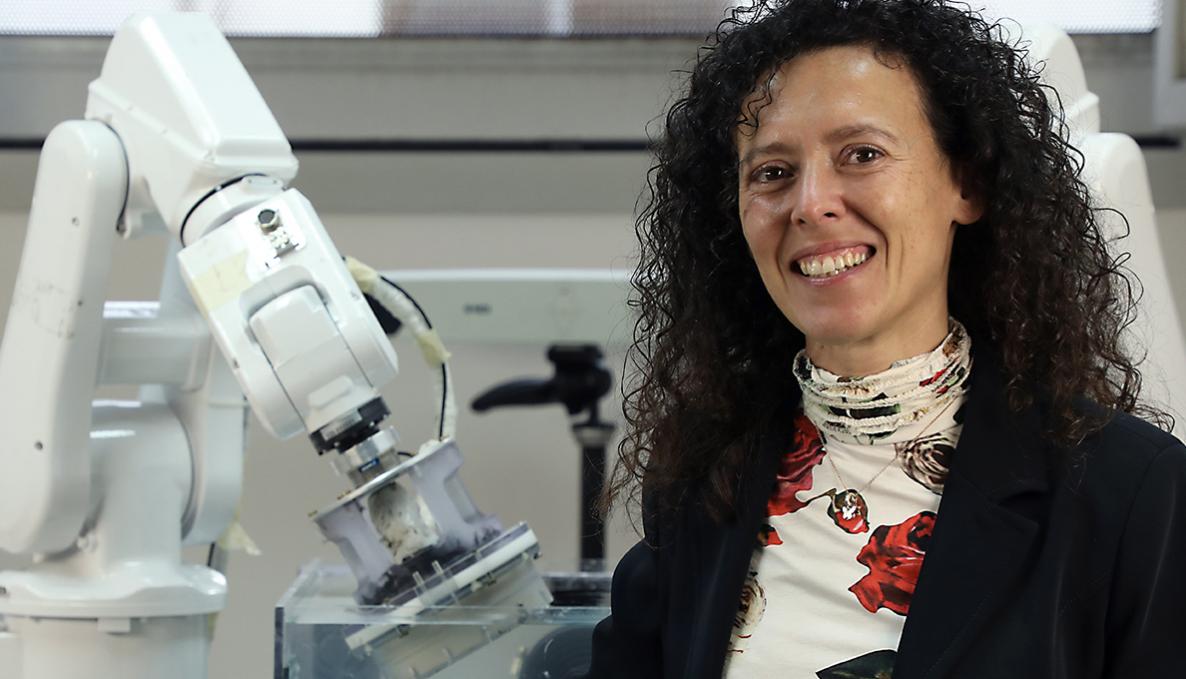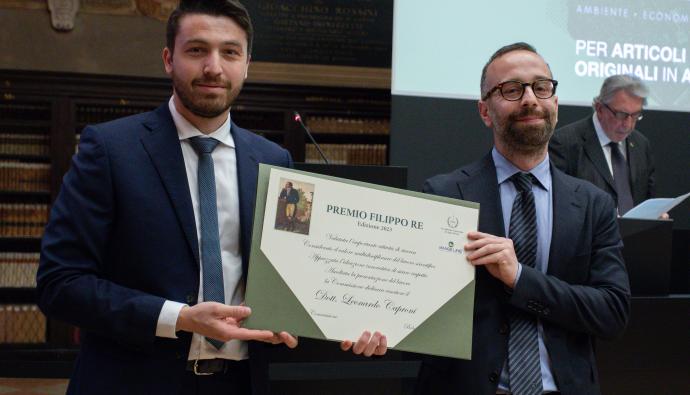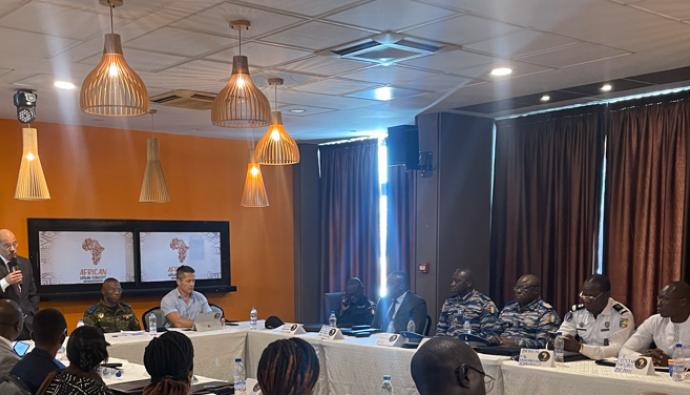The great challenge of medical robotics: how technology, innovation and scientific research contribute to a new development in health and personal care

In robotics, but also in many high-tech disciplines, we always try to predict what will be. But knowing the history is useful to make more concrete and correct predictions. The review "A Decade Retrospective of Medical Robotics Research from 2010-2020" published in the journal Science Robotics, traces the achievements in the field of medical robotics in the last decade, reflects on scientific achievements already established and unresolved issues, and analyzes the next challenges to be faced.
Eight internationally renowned scientists have identified as many key issues that have contributed in the last decade to the development of medical robotics, a field destined to mark a new phase of development in healthcare and personal care. Arianna Menciassi, professor at The BioRobotics Institute of the Scuola Superiore Sant'Anna (the only Italian university represented in the review) dealt with the part on soft technologies for surgery and therapy. Among the authors, there is also another Italian scientist, Pietro Valdastri, currently a professor at the University of Leeds and formerly a PhD student and researcher at the Scuola Superiore Sant'Anna.
The eight key areas of medical robotics
The centrality of robotics in the medical-health field is a fact that is now well established. In recent years, research has made significant progress and today some clinical practices are well established. However, the situation is still evolving and this review tries to deepen the fields in which robotics is an added value.
Scientists have identified eight research themes: robotics for laparoscopy, wearable technologies, non-laparoscopic robots for specific procedures, rehabilitation robots, endoscopic capsules, magnetic actuation for medicine, soft robotics applied to surgery, continuum robots.
Arianna Menciassi was in charge of the part concerning soft robotics for surgery and therapy. With her area of research, the vice Rector of the Scuola Superiore Sant'Anna aims to solve the gap between diagnosis and therapy, combining scientific expertise from the fields of robotics and bioengineering with the development of enabling platforms that have the ability to treat many diseases in the human body, even in areas difficult to reach (such as the cardiovascular system, the respiratory system, the central nervous system in the abdominal cavity). Recent scientific achievements include success at the Kuka Innovation Award 2020 for the development of a robotic platform for focused ultrasound surgery, and the development of an implantable robotic system for the treatment of diabetes.



